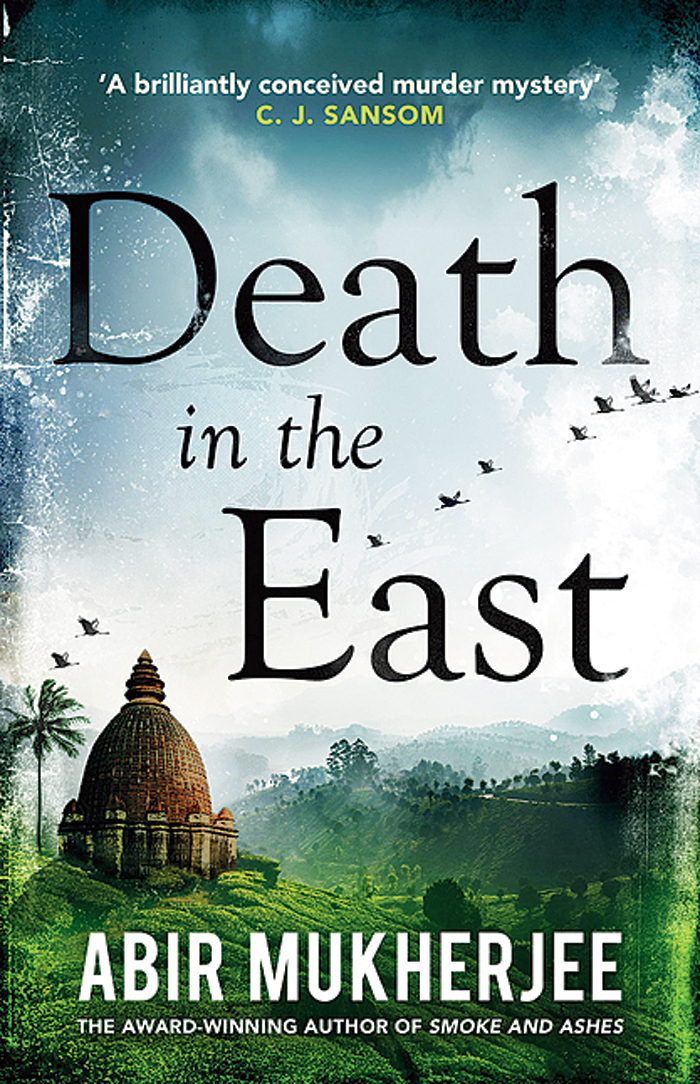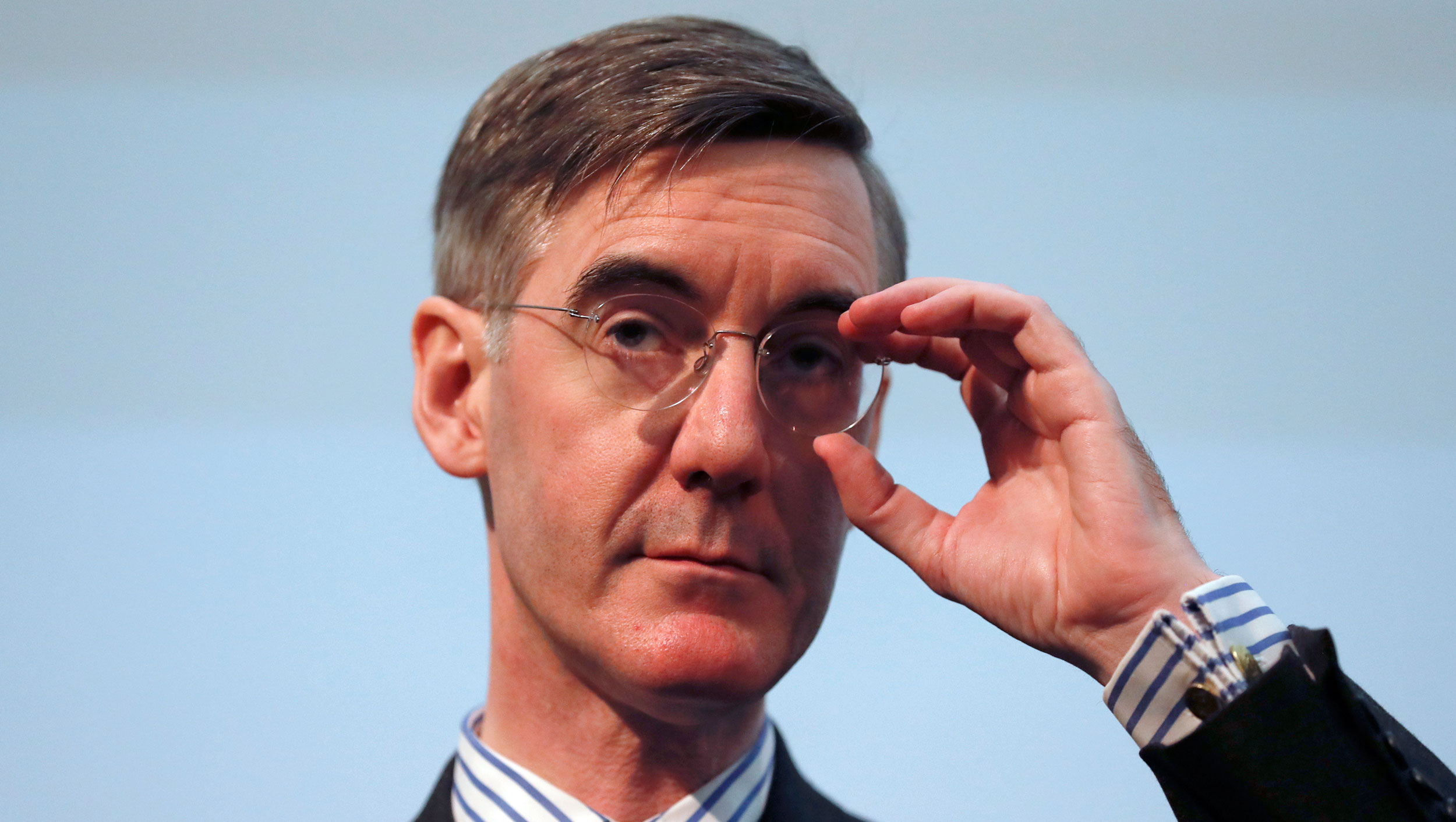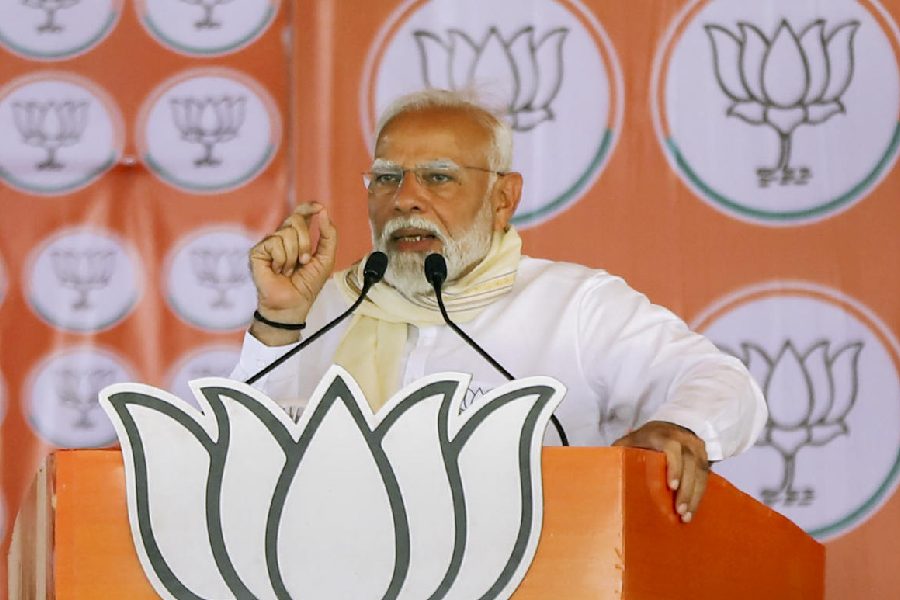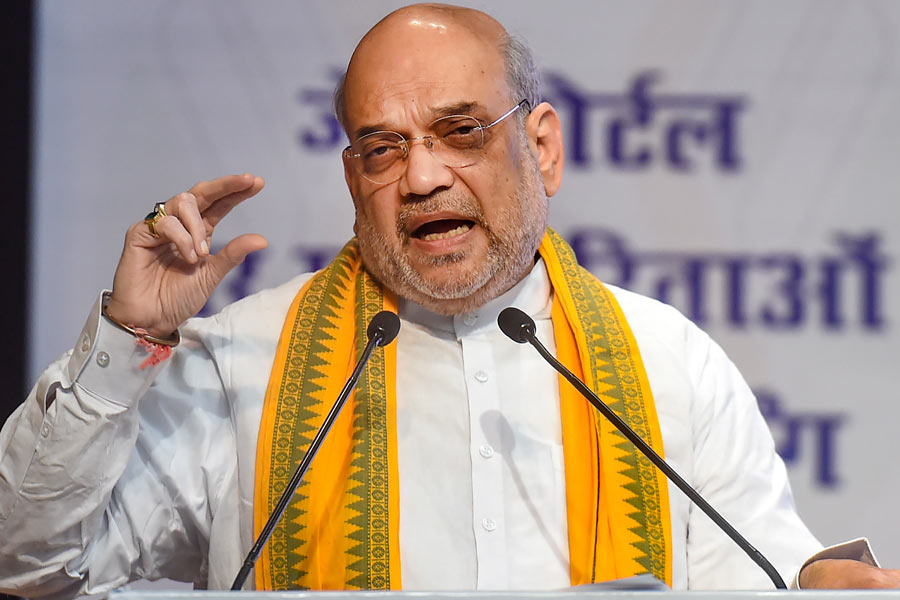About a year ago, I sent Neil Basu a copy of Abir Mukherjee’s detective thriller set in Calcutta in 1919, A Rising Man, which introduces an unlikely partnership between Captain Sam Wyndham of the Imperial Police Force and his Cambridge-educated assistant, Sergeant Surendranath (“Surrender-not”) Banerjee.
“I really loved it,” Neil told me last week. “I don’t get to read for pleasure very often but I really enjoyed it. I was hoping to get the author to sign it for me. I very much want to read his next book.”
Abir is touched by the comments from Britain’s most senior Asian policeman, who is ranked third at Scotland Yard as assistant commissioner and the head of counter- terrorism: “It’s humbling to hear that he enjoyed it.” Neil has got some catching up to do since Abir has published two other books in the series — A Necessary Evil and Smoke and Ashes — and his fourth, Death in the East, is due to be out on November 14.
“The new book is different from the others in the series in that half of it is set in East London in 1905, and is my attempt to address some of the issues of what it means to be British,” explained Abir. “As a young constable, Sam Wyndham is on his usual East London beat when he comes across an old flame, Bessie Drummond, attacked in the streets. The next day, when Bessie is found brutally beaten in her own room, locked from the inside, Wyndham promises to get to the bottom of her murder. But the case will cost the young constable more than he ever imagined.”
The story then pitches forward to Assam in 1922, where Wyndham “sees a ghost from his life in London — a man thought to be long dead, a man Wyndham hoped he would never see again. Wyndham knows he must call his friend and colleague Sergeant Banerjee for help. He is certain this figure from his past isn’t here by coincidence. He is here for revenge…”
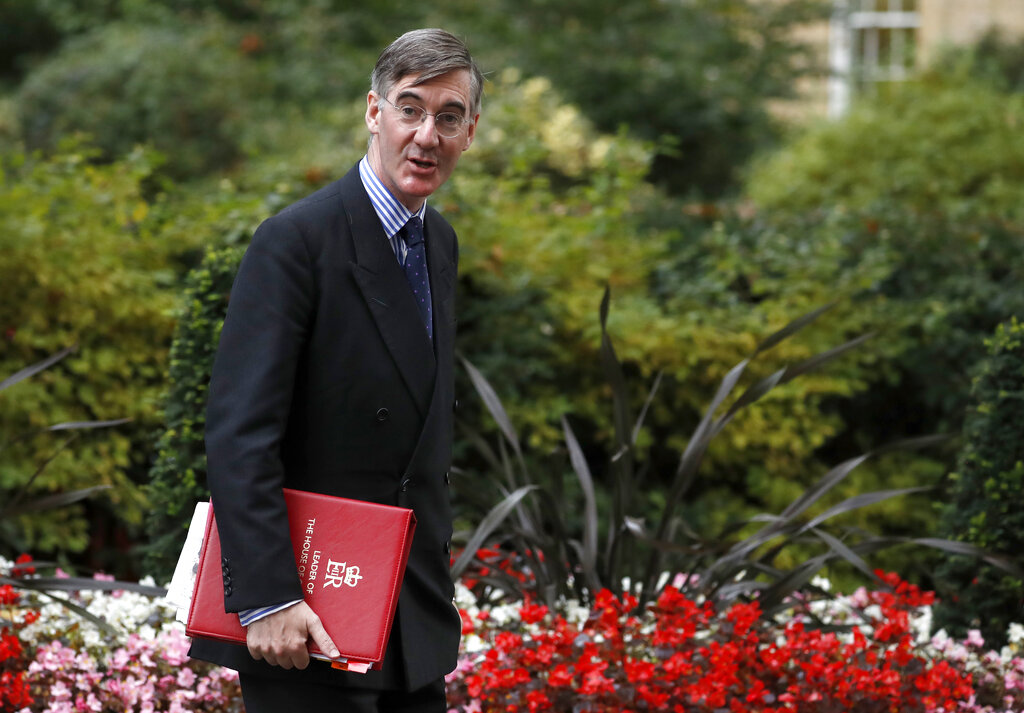
Jacob Rees-Mogg — the leader of the United Kingdom’s House of Commons, often dubbed the “Honourable Member for the eighteenth century” AP
August company
If Jacob Rees-Mogg — the leader of the United Kingdom’s House of Commons, but often dubbed the “Honourable Member for the eighteenth century” — did not exist, PG Wodehouse would have probably made him a fully paid-up member of the Drones Club. Sent by the prime minister, Boris Johnson, to see the Queen in Balmoral and seek her permission for Parliament to be prorogued, Rees-Mogg was photographed clutching Ben Schott’s delightful “homage to P.G. Wodehouse”, Jeeves and the King of Clubs. I have spoken to the author, and love his novel, written in the style of Wodehouse: “Storm clouds loom over Europe. Treason is afoot in the highest social circles. The very security of the nation is in peril. Jeeves, it transpires, has long been an agent of British Intelligence, but now His Majesty’s Government must turn to the one man who can help... Bertie Wooster.”
Common traits
The Lehman Trilogy, which I caught at the Piccadilly Theatre before it ended its West End run, is the perfect play for Indians. It traces the story of the three Jewish immigrant brothers, Henry, Emanuel and Mayer Lehman, from their arrival in New York from Germany to the collapse of their investment bank, Lehman Brothers, in 2008, triggering the global economic meltdown.
At three-and-a-half hours, the play is of Bollywood-movie length. Three actors — Simon Russell Beale, Dominik Tiefenthaler and Adam Godley — play all the characters across three generations. In their work ethic, their adherence to religious ritual and other aspects, there seems to be much in common between Jewish and Indian dynasties.
There is a little joke at the alleged Jewish trait of being careful with money. When Emanuel meets Pauline Sondheim, he woos her with a bouquet, but twice he “put the flowers in a vase so he would not have to re-buy them”. Perhaps the future collapse of the Lehman Brothers is contained in the answer given by Philip Lehman, who is asked about the family bank’s recipe for making money. Philip says: “Regular people use money to buy things. But we, who have a bank, we use money to make more money. We buy it, we sell it, we lend it, we trade it. This is how the recipe works.” It did, until it didn’t — because of the sub-prime mortgage crisis.
Youthful memories
If I could meet the 18-year-old undergraduate me, I would tell him off for pretending to be captivated by Marcel Proust’s Á la recherche du temps perdu — In Search of Lost Time in the English translation (I still have the novels). Last weekend, youthful memories flooded back because BBC Radio 4 devoted 10 hours to a mesmerising new adaptation of Proust’s classic. “In his masterpiece Proust offers both a panorama of Parisian life at a time of immense upheaval,” the BBC said. I learn from the British
Indian actor, Sid Sagar, who has just finished a stint in a West End play, The Starry Messenger, that he will “soon be narrating the audiobook version of William Dalrymple’s The Anarchy: The Relentless Rise of the East India Company.”

Virgin Atlantic aircraft now bear new mascots that seek to reflect the diversity of modern Britain Virgin Atlantic
Footnote
A turbaned Richard Branson, the boss of Virgin Atlantic, had once told the Indian media in Delhi: “My original name is... Bran Singh.” Now, Branson has introduced new mascots on his aircraft — two men, one of them gay, and a black woman — to reflect the ethnic and LGBT diversity of modern Britain.

